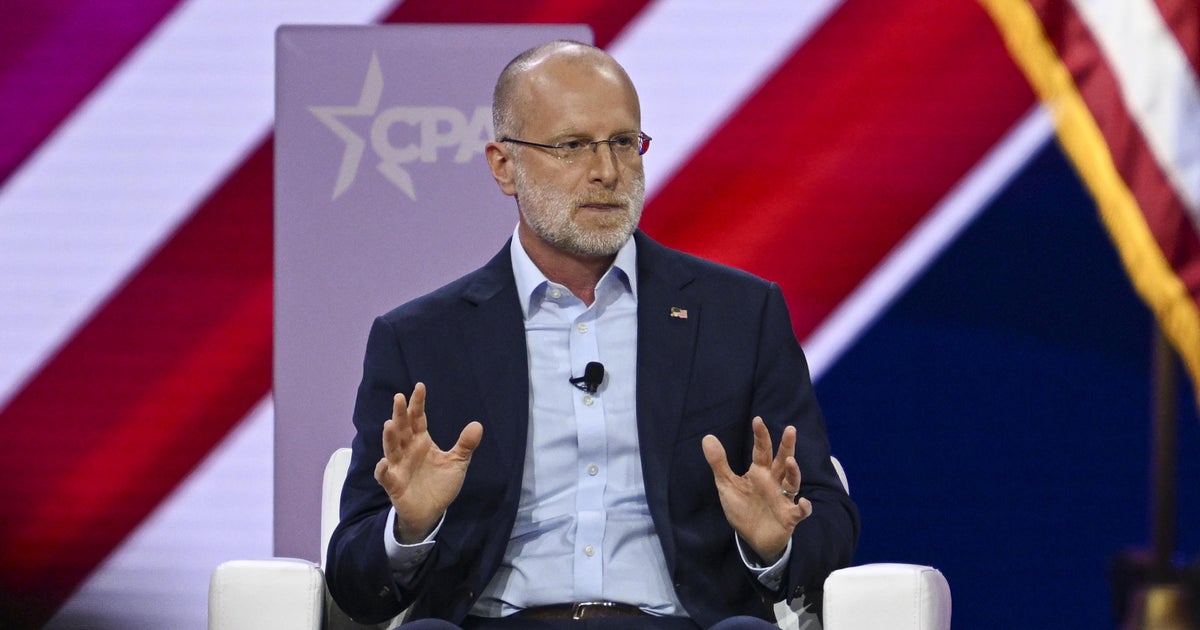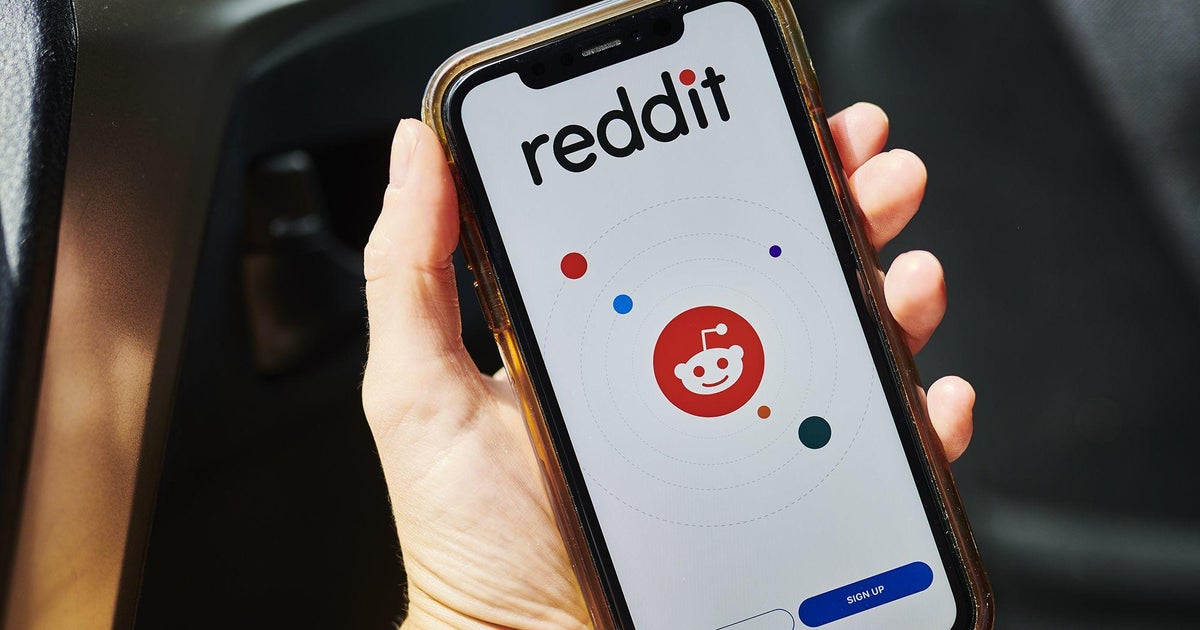COVID-19 has resulted in more than 400,000 scams, FTC says
Criminals have carried out more than 400,000 scams related to COVID-19 since the pandemic began in 2020, according to a federal watchdog.
The schemes range from fraudsters selling fake hand sanitizer and vaccination cards online to con artists stealing individuals' personal information while pretending to help them set up funeral arrangements. In another common scheme, predators contact senior citizens to set up vaccine appointments for a fee. All told, Americans have lost almost $400 million from pandemic-related scams, the Federal Trade Commission said.
Janice Gach of Weston, Florida, said she was almost a victim of a vaccine appointment scam earlier this year. She told CBS News correspondent Chris Martinez that she gave her contact information to what she believed was her local health department to schedule an appointment for her shots.
Shortly thereafter, Gach said her phone rang. On the other line was someone pretending to set up an appointment, she said. The caller asked Gach, 87, how she spells her name, which she found suspicious.
"I said, 'You should have my name. You're getting in touch with me for the vaccine'," Gach said, adding that she hung up on the person.
FTC officials believe more scams are on the horizon, in part because a recent U.S. Supreme Court decision bars the agency from fining companies that engage in scams. The court ruling stems from an appeals case from the 2012 AMG Capital Management v. FTC lawsuit. In the case, the FTC accused AMG Capital owner Scott Tucker of offering high-interest, short-term loans that were deceptive and unfair. A New York jury agreed with the FTC, and Tucker was ordered in 2016 to return $1.3 billion in profits from his loan company.
But Tucker appealed the decision to the Supreme Court. Last week, justices ruled that the FTC has authority to make AMG Capital and other companies stop engaging in fraudulent activity, but cannot impose monetary damages.
"This decision will dramatically curtail the ability of the FTC to effectively protect consumers," FTC's acting director for consumer protection Daniel Kaufman said in a Congressional hearing Tuesday.



